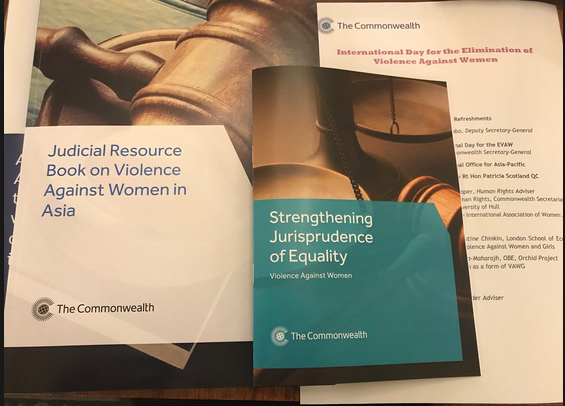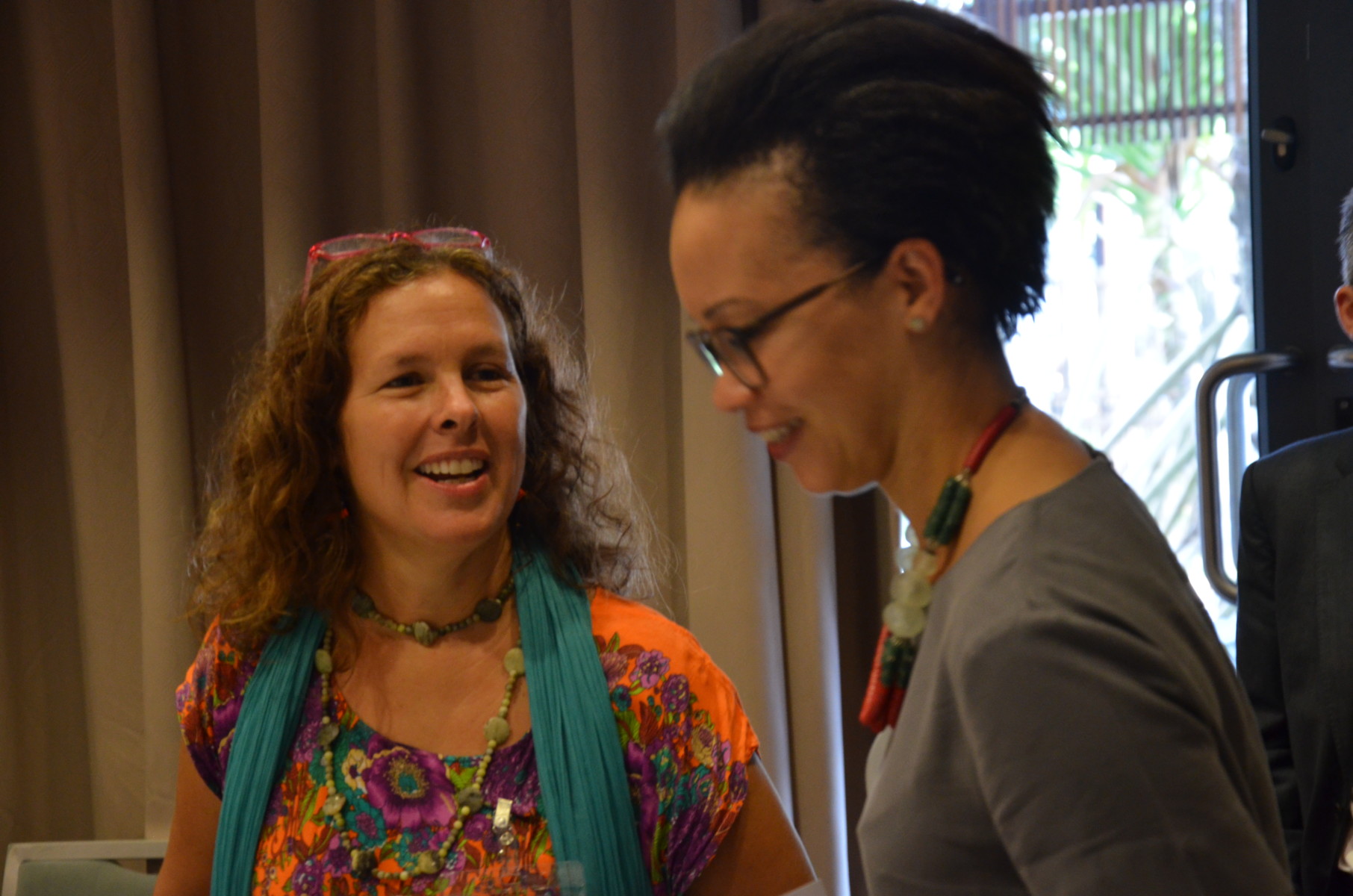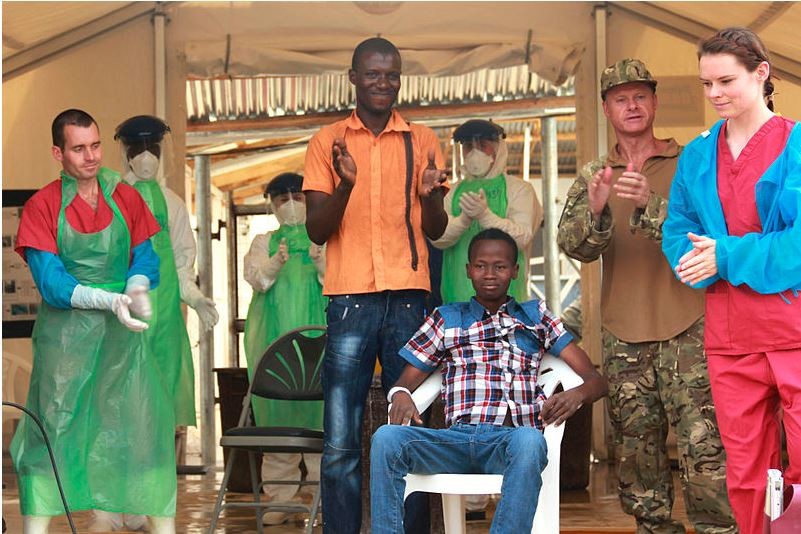According to United Nations (UN) figures from 2016, 24% of women in India reported experiences of physical or sexual violence, or both, by an intimate partner in the previous 12 months. In Pakistan, too, the statistics are disturbingly high. The Commonwealth Secretariat is doing whatever it can to help end this problem.
In 2015/16, we saw an opportunity to help with a similar issue in East Africa. Women reporting violence there face obstacles in the justice system. Those include bias in the court room, victimisation, and failure of the judiciary to apply and interpret existing laws. So our legal experts compiled a resource – the first of its kind – to provide legal benchmarks on dealing with cases of such violence.
Our Judicial Bench Book on Violence Against Women in Commonwealth East Africa (JBB) was launched in Nairobi, Kenya, in June 2016. It establishes what constitutes violence against women and girls (VAWG) and how the judiciary can apply national laws in the context of international human rights laws. We created the book for judiciaries in Kenya, Rwanda, Tanzania and Uganda, and their feedback has been positive.
Making an impact
Judicial officers in Kenya and Uganda have cited cases where they have consulted the book. Comments include:
- “[It] enhanced my knowledge and skills, and enabled sensitivity to VAWG-related cases.”
- “[I am] better able to apply International Human Rights instruments in gender-based violence cases.”
- “The learnings of the JBB [have] enhanced [my] skills in courtroom leadership in sexual violence and sexual offences against girls. I clear the courtroom of non-essential persons so that females can freely testify. With children, I hear evidence in chambers.”
At the time of writing, we have received some particularly good news. One of the authors of the JBB, Professor Lillian Tibatemwa-Ekirikubinza, Justice of the Uganda Supreme Court, delivered a judgment in January 2018 which has improved the rights of victims of sexual assault.

Helping the VAWG battle in Asia
Following the positive reception of our book for East Africa, the Secretariat commissioned a similar resource for jurisdictions in Asia: the Judicial Resource Book on Violence Against Women in Asia. We worked in partnership with the UN Women Regional Office for Asia-Pacific, building on the regional consultation that we co-organised with the UN office in Bangkok in 2014 and 2016. Legal and human rights experts made valuable contributions.
The resulting 170-page book is a practical and powerful resource. The Commonwealth and the UN will use it to promote and protect the rights of women and girls in two common law/Commonwealth countries (India and Pakistan) and two civil/constitutional law countries (Cambodia and Thailand).
The new book aims to improve access to justice for women and prevent stereotyping. It includes a review of regional Commonwealth case law on domestic violence plus an overview of member countries’ judicial experiences and landmark judgments. It also contains provisions on human rights challenges facing the region, such as child, early and forced marriage.
Secretary-General Patricia Scotland said, “This valuable resource book aims both to deepen understanding of the varying forms of violence against women and girls and raise awareness of the important role the judiciary can play in tackling them.
“In Asia, as in all regions of the Commonwealth, the judiciary can make a significant contribution towards strengthening and protecting the human rights of women and girls. This is of vital importance in advancing the values of our Commonwealth Charter, and in attaining the goals of the 2030 Agenda for Sustainable Development to which all our member countries are committed.”
Katalaina Sapolu, Director of the Commonwealth Secretariat’s Peace and Governance Directorate, said, “Our partnership with UN Women has strengthened our efforts to address violence against women and girls, both in the Commonwealth and globally. Our collaboration has included the development of tools and training modules in partnership with judicial training institutes and national human rights institutions to build the capacity of key sectors. This includes judicial and court administrative officials to effectively address cases of violence against women and girls.”
Ending VAWG is a Commonwealth priority and one of the critical areas for action, as endorsed in the Commonwealth Charter.
Dr Niaz Shah, law lecturer at the University of Hull, said, “The aim of this resource book is to sensitise judges and enable them and other stakeholders to make decisions when dealing with victims of violence in compliance with international human rights law and national constitutions and other laws. So the ultimate beneficiaries of this are women and girls in these countries.”


